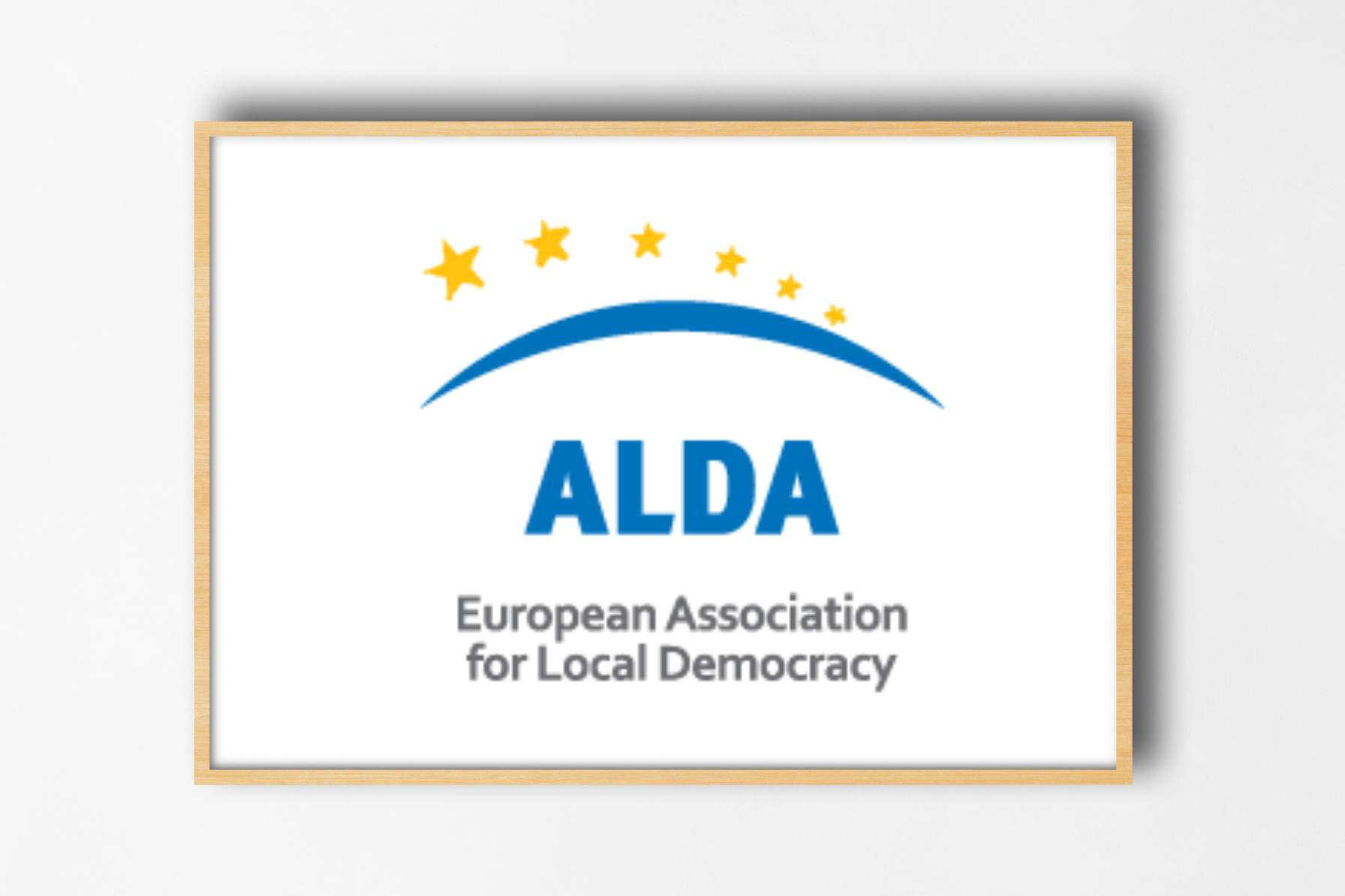On the 19th and 20th of April in Riga (“Maritim Park Hotel Riga”), Latvia, will take place the first international event within the project Stand.UP, Stregthening Twinning Agreements and Networking for Development. United in Partnetship.
The workshop on “Fighting the poverty: from innovative idea to cooperation”, is organised by ALDA in cooperation with the Latvian Association of Local and Regional Governments (LALRG). It aims to promote innovative socio-economic activities involving a private-public partnership.
39 international and 20 local participants will attend the workshop.
Stand.UP, is an ALDA’s project, in the Europe for Citizens Programme, Supporting Measure 2.2., and it will foster citizens’ participation and interaction with local and EU institutions through debates on vivid EU related topics in the field of twinning.
It will raise awareness on EU common values such as democracy and participation, promoting thus Active European citizenship and European identity. By gathering together EU and pre accession countries, the project will promote a shared identity in the wider Europe.
Making ordinary citizens aware of their responsibility and of the power that they can detain, Stan.UP will try to give them a greater sense of ownership of the EU.
Stand.UP aims at strengthening Civil Society Organisations’ involvement in the overall framework of EU twinning in order of creating a better organised cooperation system between Local Authorities and CSO and a more present Public-Private Partnership in the fight against economic and social crisis, in the promotion of mobility for democracy and the ownership of European identity.
Its focuses are Economic innovative initiatives, Local Development and Volunteering using 3 international workshops and 17 local preparatory meetings in which Local Authorities, economic stakeholders and CSO but also citizens’ groups in a more dynamic evaluation of what cooperation can bring in the building of a developed Europe.
